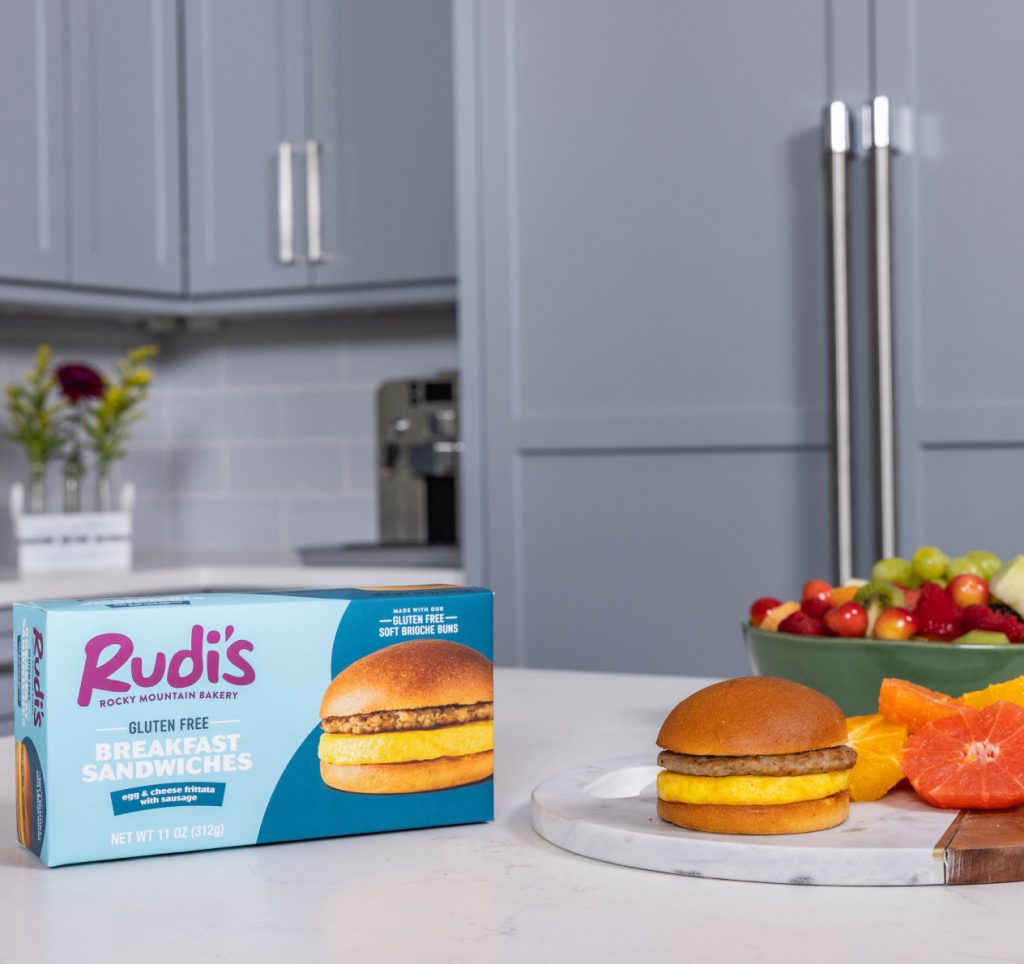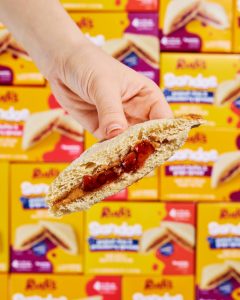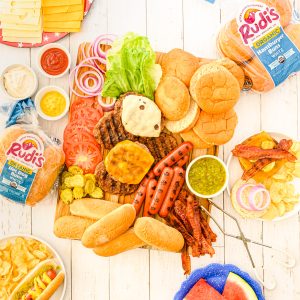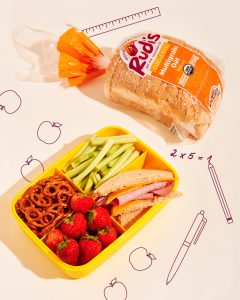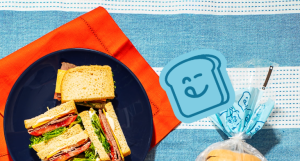The first meal of the day is the most important meal of the day, and it’s an especially important one for students. But rushed mornings often result in low-nutrition breakfasts (think: a sugary bowl of cereal) or skipping this important meal altogether. Hear from our dietitian Jessie about the morning nutrients that matter most for school performance in pre-K tots to high school teens, plus some ideas for simple and kid-friendly healthy breakfast options for students.
Benefits: The Importance Of Breakfast For Kids
Though it’s important to get nutrients from foods throughout the school day, kids’ bodies are especially primed to digest and metabolize food early in the day, right after a period of fasting (aka: right after waking from the night’s rest).
When it comes to kids and the morning meal, a review of 45 studies on the topic showed that eating breakfast every day has a positive effect on the brain function, test scores, and academic performance of kids and adolescents for at least four hours after they’ve eaten.
Additionally, kids who eat a balanced breakfast, whether it’s at home or through a public health school breakfast program, have:
- fewer behavioral problems due to fewer fluctuations in blood glucose (blood sugar) through the mid-morning
- a lower risk of obesity and chronic disease later in life, such as heart disease, high cholesterol, or type 2 diabetes
- other healthy eating habits
Key Nutrients Students Need From Breakfast
Here are the most beneficial nutrients and food choices for kids to get in the morning:
- Protein – kids need this macronutrient to help their growing bodies build tissue and muscles
- How to get more: eggs, yogurt, nuts and peanut butter, meats and fish, cottage cheese, and beans
- Carbs and Fiber – as a readily available source of energy, kids need carbohydrates to fuel both brain activity and physical movement. Fiber, a type of carbohydrate, is necessary to keep kids’ digestive and immune systems healthy
- How to get more: whole wheat and whole grain breads, whole grain cereals, veggies, oats, berries, citrus, apples and pears, avocado, nuts, bananas, hummus, popcorn, and dried fruit
- Healthy Fats – monounsaturated fats and omega-3 fats are important for kids’ brain development, as well as the healthy maturation of their central nervous system, including visual development and intelligence
- How to get more: avocado, olives, salmon, eggs, seeds, nuts and nut butter, and milk
- Antioxidants – school children benefit from antioxidants, including vitamin A, vitamin C, and vitamin D, to help ward off sickness and to develop healthy cells as they’re multiplying most rapidly
- How to get more: wild blueberries, dried cranberries, beans, prunes, strawberries, apples, grapes, citrus, oats, pecans, spinach, tomatoes, avocados, and spices
Healthy Breakfast Ideas For Kids
The following breakfast foods supply kids with a good mix of the nutrients they need most. Use them as ideas for making quick and nutritious breakfasts at home.
Healthy Breakfast Idea For Students #1
- 2 slices Rudi’s organic bread
- 2-3 tablespoons nut butter
- 2 large strawberries, sliced
- 4-8 ounces milk of choice
Healthy Breakfast Idea For Students #2
- 5-6 ounces yogurt or cottage cheese
- ⅓ cup fresh or frozen berries
- ¼ cup low-sugar granola
Healthy Breakfast Idea For Students #3
- 1 Rudi’s English muffin or bagel
- ½ avocado, mashed
- 1 scrambled egg
- 4-8 ounces milk of choice
THE BOTTOM LINE
When kids are good breakfast eaters, their growing brains and bodies benefit in both the short term and long term. Studies show that kids who eat breakfast have better cognitive function in the morning hours and that they get the most metabolic benefit from foods that are eaten early in the day. Healthy breakfasts for kids include a source of protein, carbs, fiber, and antioxidants.
Written by Jessie Shafer.
Jessie is a Registered Dietitian Nutritionist living in Colorado where she splits her time among nearby playgrounds, typing away at her trusty laptop, and heating up her home kitchen with delicious experiments. A former magazine editor-in-chief, Jessie has a long career in food publishing and health writing. She is currently the editor at The Real Food Dietitians and a nutrition consultant through her business crdible.



